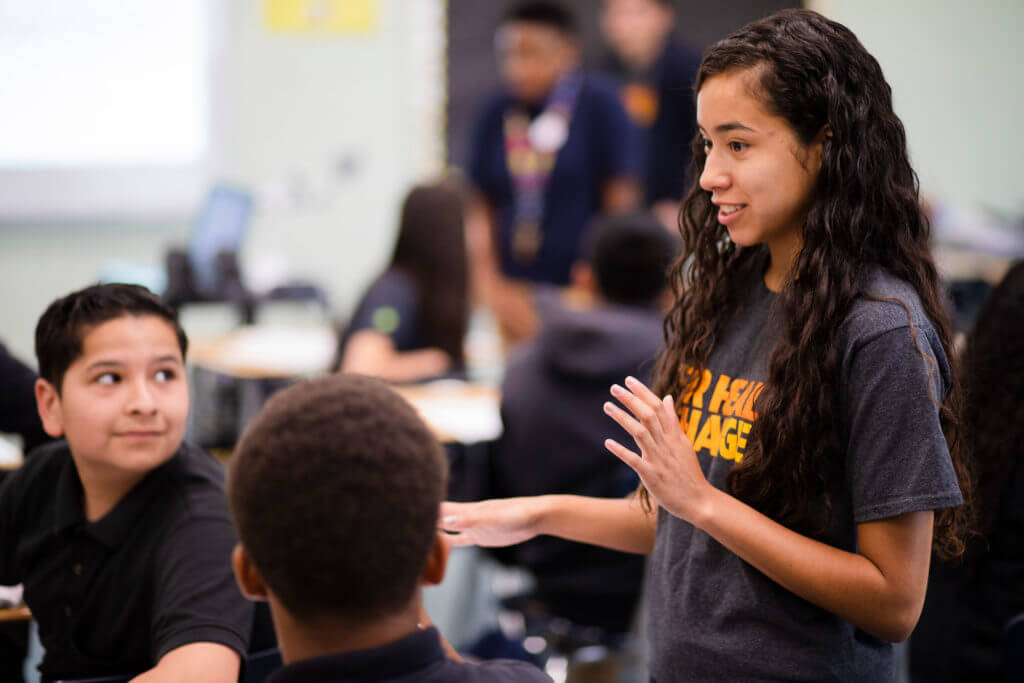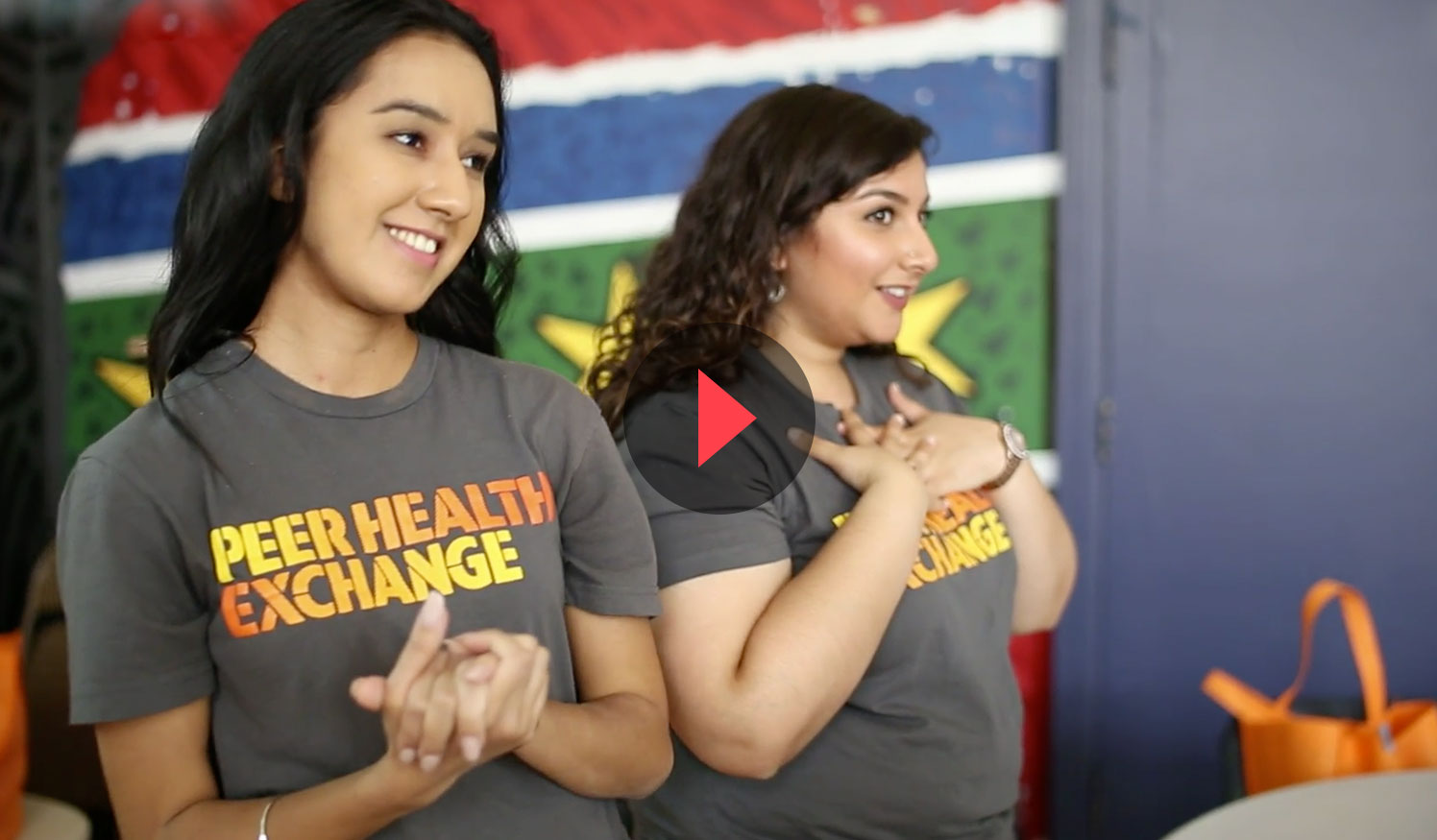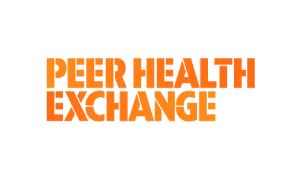Sign Up For Updates

Sorry, marketing cookies are required to view this form.
Peer Health Exchange

Centering youth voice in support of mental health
Adolescence has always been a time of uncertainty, but young people today face unprecedented challenges. Disruptions to school, grief over the loss of loved ones, and racial injustice are all putting stress on young people’s mental health. According to a recent survey, more than half of U.S. high school and college students are worried about their mental health–and a similar number have suffered anxiety during the pandemic. Yet only about four in 10 students reported that their high school or college provided helpful mental health resources.
For nearly two decades, Peer Health Exchange has worked to empower young people with the knowledge, skills, and resources to make healthy decisions. Peer Health Exchange’s skills-based health education curriculum focuses on mental health, sexual health, and substance misuse prevention. Through an innovative model, Peer Health Exchange partners with college students, training them to be health educators who deliver the curriculum to 9th-grade students in under-resourced schools. Students learn how to obtain health care, navigate consent in their relationships, build social and emotional learning competencies, establish healthy habits, and identify the warning signs of poor mental health and how to seek help.
This “near-peer” model–with health educators just a few years out of high school–makes the program unique and validates the experience and expertise of young people. College students can relate to students entering high school, and they can speak authentically to the challenges other young people face. “College health educators are integral to our work,” said Dr. Angela Glymph, Vice President, Programs and Strategic Learning. “As they too are Generation Z, their ability to connect with their ninth-grade peers and normalize mental health—and the trust that comes from sharing their own lived experiences—it’s a critical part of our success.”
CZI supports the work of Peer Health Exchange and has invested in research on the skills that contribute to positive adolescent decision-making. Peer Health Exchange is part of a CZI-funded coalition of primarily BIPOC (Black, Indigenous, and people of color) mental health experts and practitioners, youth and education equity advocates, adolescent health and development researchers, and youth service organizations working to meaningfully center youth within decision making spaces traditionally devoid of youth voice and input.
When schools switched to remote learning, Peer Health Exchange and its health educators adopted a virtual instruction model. Creating a space for open and honest dialogue about relationships and mental health can be challenging, but college and high school students adapted well. Young people have expressed being comfortable with technology, and have been more willing to engage in health-related conversations through chat and emojis than speaking up in person.
Peer Health Exchange also launched a series of health education videos on YouTube about how to cope during the pandemic. Created by a diverse group of peer educators, the videos tackle challenges young people are facing today–like how to maintain social connections and get access to health resources during a lockdown.
Whether online or in person, Peer Health Exchange helps young people make positive decisions for their health, advocate for themselves, and support their peers. As one student commented after viewing Peer Health Exchange’s virtual resources: “I always try my best to text my friends and ask them how they are doing–because maybe a question like that makes them feel like they are not alone and that someone cares to reach out.”
Nov 19, 2020

We use cookies to help us improve the site and to inform our marketing and digital content efforts. If you choose ‘Don’t Enable,’ sites you’re logged into – like Facebook and Twitter – may still be able to identify you as a visitor to this site. Learn more.



